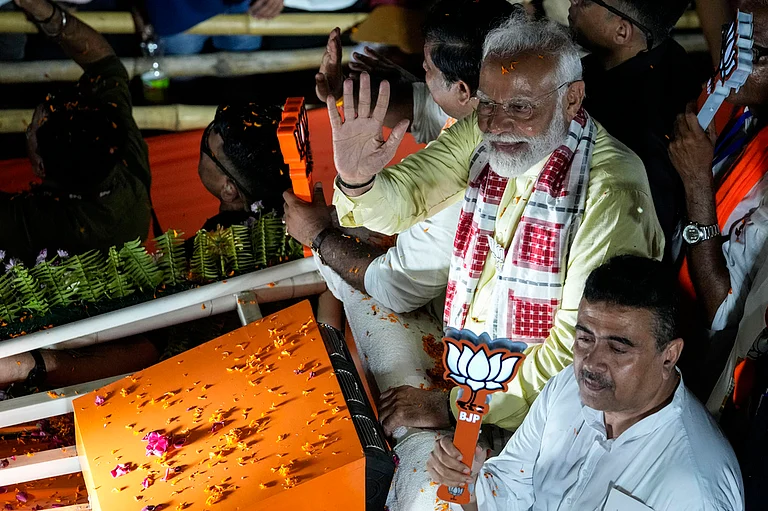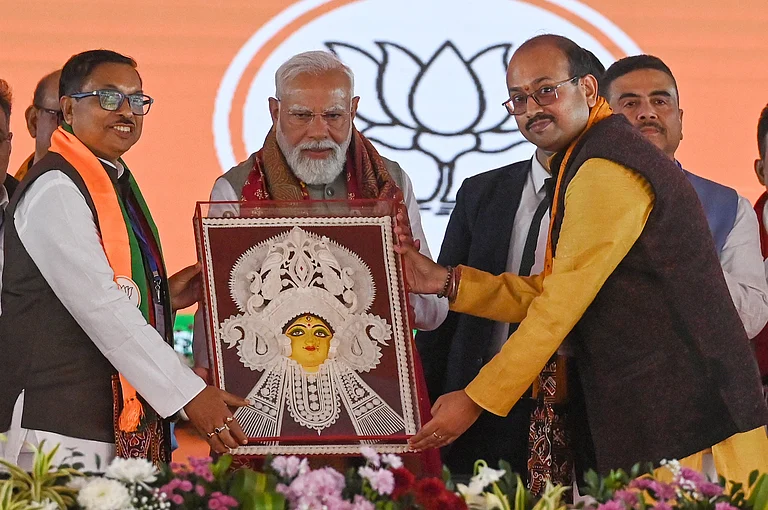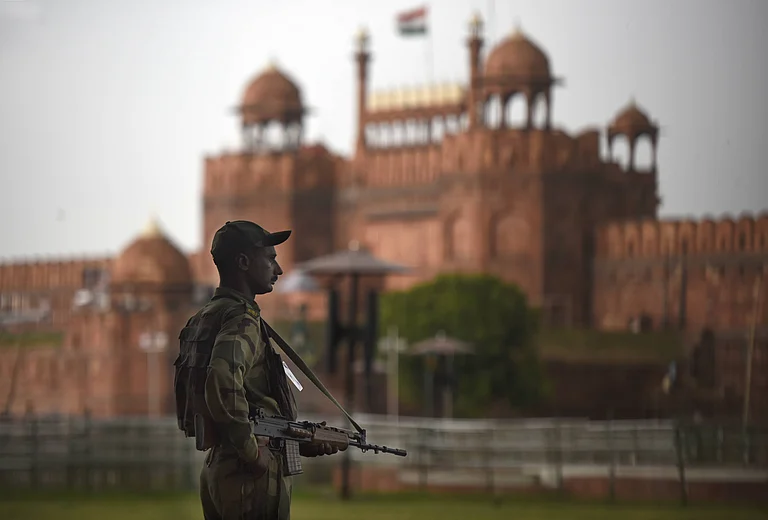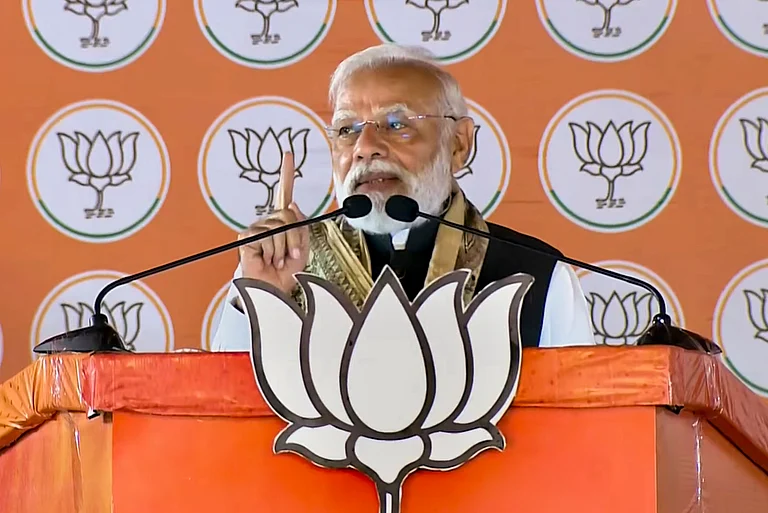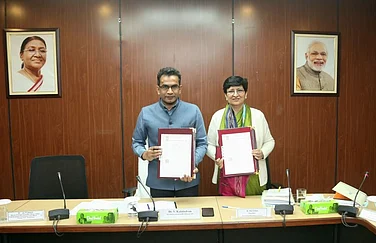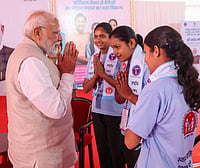Moved by the suffering of a 20-month-old girl in his Chandni Chowk constituency, Delhi BJP MP Praveen Khandelwal has written to Prime Minister Narendra Modi, urging the government to frame a special policy and fast-track approval for the treatment of LAMA2-related Congenital Muscular Dystrophy (LAMA2-CMD).
LAMA2-CMD is a rare genetic disorder characterised by severe muscle wasting that becomes evident at birth or within the first few months of life. It affects infants and young children, often leaving them unable to walk, move, or breathe independently. According to Khandelwal, the girl’s case is far from isolated, with around 60 children across India reported to be suffering from the same condition.
In his letter, the MP emphasised that India stands at a historic moment to lead global healthcare innovation, recalling the country’s crucial role in developing COVID-19 vaccines under Prime Minister Modi’s leadership. He also highlighted a recent breakthrough by a Japanese biotech firm, which has developed a promising CRISPR-based gene-editing therapy for LAMA2-CMD. Mr. Khandelwal noted that the Indian Council of Medical Research (ICMR) has already classified the technology as low-risk, presenting an opportunity for India to pioneer its clinical application.
The MP urged expedited approval for the first-in-human clinical trial under the New Drugs and Clinical Trials Rules, 2019, and requested that the Drugs Controller General of India (DCGI) and ICMR collaborate to fast-track the evaluation and approval process.
He further called for LAMA2-CMD to be recognised as a distinct category under the National Policy for Rare Diseases, 2021, and for an increase in financial aid beyond the current Rs. 50 lakh cap. He also stressed the need for greater collaboration between Indian and global biotechnology institutions to accelerate gene therapy research.
Also known as merosin-deficient congenital muscular dystrophy type 1A, LAMA2-CMD is caused by mutations in the LAMA2 gene. This gene provides instructions for producing proteins that attach and stabilise muscle fibres. When these instructions are faulty, the muscles responsible for movement become weak and fragile. In severe cases, the disorder appears at birth or within the first months of life. Children affected often never learn to walk and may face difficulties with speech and breathing.
Saurabh Singh, co-founder and director of the Rare Disease India Foundation, a non-profit patient advocacy organisation, described Khandelwal’s initiative as “inspiring” and hoped it would reach a meaningful conclusion. “Currently, LAMA2-CMD is not included under the rare disease policy, and funds will be made available only once it is officially recognised,” he said.
The National Policy for Rare Diseases was amended in 2021 to allow one-time financial support, but medicines for several rare disorders, including LAMA2-CMD, remain unapproved in India. According to advocates, a substantial portion of the allocated Rs 974 crore for rare diseases has remained unutilised.








